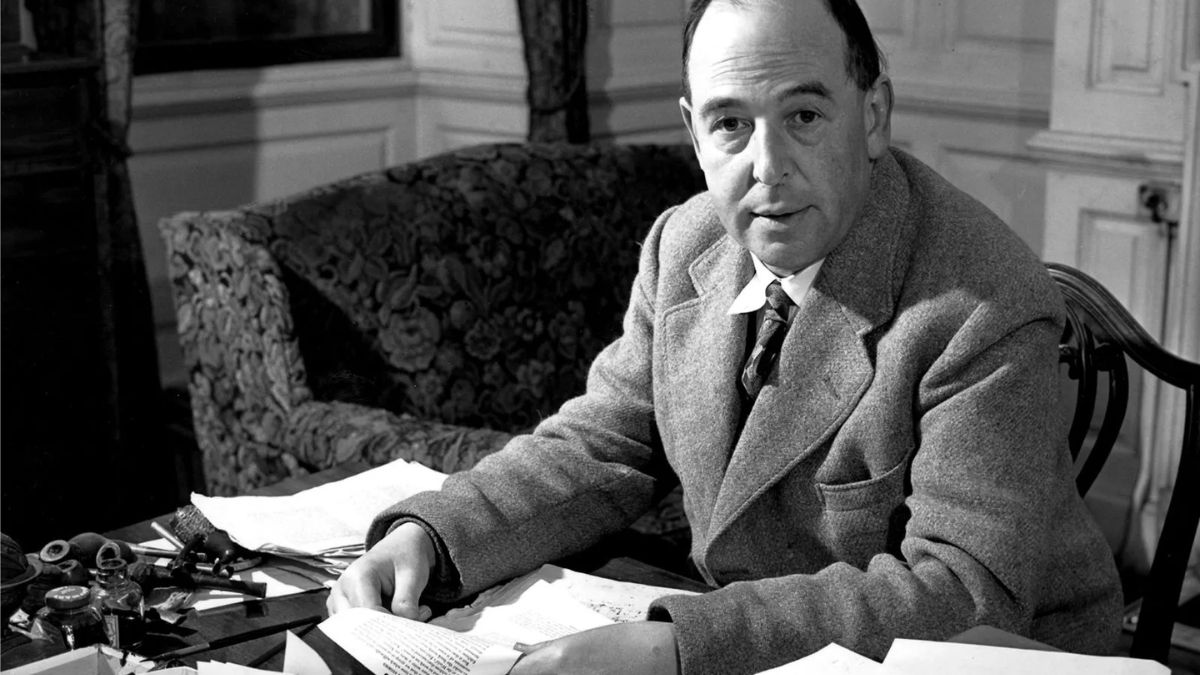

BreakPoint
Goddesses and Gaia
On college campuses Christianity is no longer the Rodney Dangerfield of the academic world. It's finally getting some respect. Take the history of science. Steve Meyer, a professor at Whitworth College, tells a story from his student days at Cambridge University. When we studied Isaac Newton, Meyer says, "the professor waggled his finger at the class and said, `You don't understand Newton . . . unless you understand Newton's theism' "—his belief in God. This would never have happened in a university classroom a few decades ago. For centuries historians were embarrassed to even admit that many of the founders of modern science were devout Christians. But today historians readily acknowledge the role of religion in science history. The new openness to religion is part of a movement known as postmodernism, described in a book by Gene Edward Veith called Postmodern Times. Ever since the Enlightenment, Christianity has been attacked in the name of scientific rationalism. Whatever rationalism did not accept, Christianity was supposed to quietly get rid of. And many Christians did. Liberal Christians bowed down to the spirit of modernity by stripping Christianity of all its supernatural elements: miracles and prophecy. Liberal theologian Rudolf Bultmann once wrote that "modern man" accepts only events that fit "the rational order of the universe." That categorically excludes miracles, Bultmann stated—"because they do not fit into this lawful order." For Bultmann, whatever "modern man" does not acknowledge, Christians must get rid of. But today "modern man" has given way to "postmodern man." The culture has shifted dramatically. The postmodernist mentality cheerfully accepts all brands of spirituality. Just look at all the cults and beliefs that flourish in America today, from goddess worship to Gaia worship to Native American shamanism. In some ways, it's easier to be a Christian in a postmodern culture. Modern philosophy used to insist that there is only one truth—the truth of scientific rationalism. But postmodern philosophy welcomes diversity. Christianity is accepted as one part of the rich mix. But Christians must also develop a new apologetics for this new culture. In modern times, debates raged over which belief system was true or false. Defenders of the faith argued that Christianity is true, and people understood what we meant. But in postmodern times, nobody argues whether a religion is true or false—because nobody believes in a single truth anymore. If you believe in Christianity, that's fine—just so long as you accept my belief in goddesses or Mother Earth or aliens from outer space. In a postmodern world, the only offense is to claim to have truth. When Aleksandr Solzhenitsyn delivered his powerful indictment of Western culture at Harvard in 1978, the New York Times was scornful. "He believes himself to be in possession of The Truth," the editors sniffed. It was the ultimate postmodernist put-down. Today Christians who defend biblical truth must first defend the very idea of transcendent, universal truth. We must learn to present the Gospel to a postmodern world—communicating timeless truths to a new generation.
03/25/94















